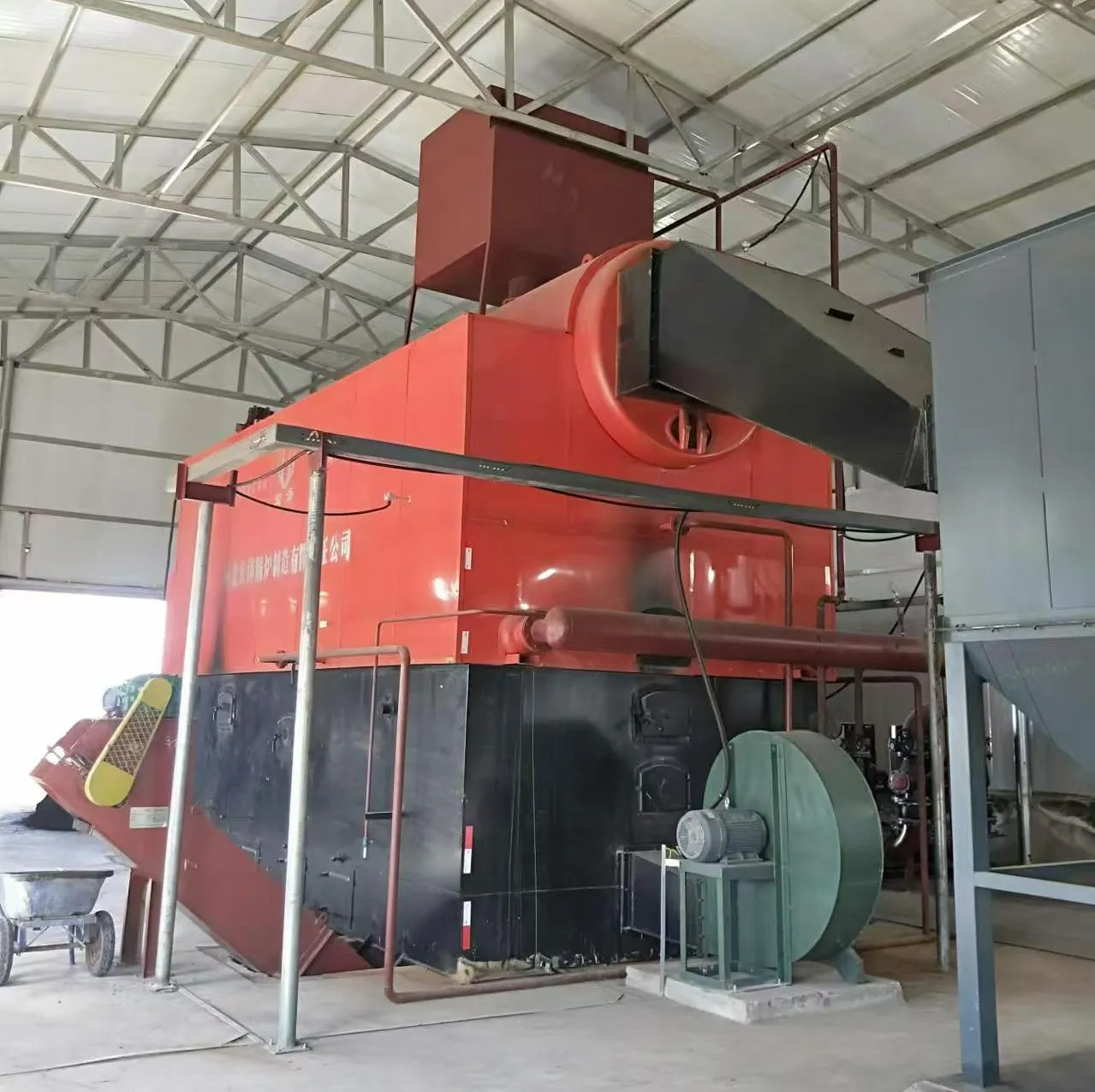
ديسمبر . 11, 2024 09:52 Back to list
Different Classifications and Variations of Steam Boilers for Industrial Applications
Types of Steam Boilers
Steam boilers play a crucial role in various industries, providing essential steam for processes such as heating, electricity generation, and manufacturing. Understanding the different types of steam boilers is vital for selecting the right equipment for specific applications. This article will explore the most common types of steam boilers, including their operational mechanisms, advantages, and best use cases.
1. Fire-Tube Boilers
One of the most prevalent types of steam boilers is the fire-tube boiler. In this design, hot gases produced from fuel combustion pass through tubes that are surrounded by water. The heat from these gases transfers to the water, creating steam. Fire-tube boilers are generally compact and easy to operate, making them suitable for small to medium-sized operations. They are commonly used in applications where large volumes of steam are not required.
The primary advantage of fire-tube boilers is their relatively low cost and simple design, which allows for straightforward maintenance. However, their steam production capacity is limited, and they typically operate at lower pressures compared to other boiler types.
In contrast to fire-tube boilers, water-tube boilers contain water-filled tubes that are heated by external combustion gases. These boilers are capable of generating steam at much higher pressures and are often employed in large industrial settings, such as power plants and manufacturing facilities. Water-tube boilers provide better thermal efficiency and faster steam generation than their fire-tube counterparts.
One key advantage of water-tube boilers is their ability to handle high-pressure steam and large amounts of steam generation. However, they are more complex to operate and maintain, which can translate to higher initial investment and operational costs.
3. Electric Steam Boilers
Electric steam boilers utilize electrical energy to generate steam, heating water through electrical resistance or electric arcs. These boilers are often employed in applications where emissions and environmental concerns are paramount. Electric steam boilers are compact and can start up quickly, making them ideal for operations requiring agility and flexibility.
types of steam boiler

Though electric boilers can be more expensive to operate, especially in regions with high electricity costs, they have the advantage of minimal emissions since they do not rely on fossil fuels. This characteristic makes them suitable for businesses aiming to enhance sustainability and reduce their carbon footprint.
4. Biomass Boilers
Biomass boilers represent a renewable alternative for steam generation, using organic materials such as wood chips, agricultural residues, or waste as fuel. These boilers can be designed as either fire-tube or water-tube systems. Biomass boilers are gaining popularity due to the increasing focus on sustainability and energy efficiency.
The primary advantages of biomass boilers are their eco-friendliness and the potential for lower fuel costs when utilizing waste products. However, they typically require more maintenance than traditional fossil fuel boilers because of the ash and other residues produced during combustion.
5. Combi Boilers
Combination boilers, or combi boilers, serve the dual purpose of providing both heating and steam production. They are compact and can be easily integrated into residential or commercial settings. While they are primarily designed for heating hot water, they can efficiently generate steam for smaller applications as well.
Combi boilers are energy efficient and can provide a steady supply of steam and hot water. Their compact nature reduces the need for large storage facilities for hot water, which can be beneficial in space-sensitive environments.
Conclusion
Choosing the right type of steam boiler depends on various factors, including application requirements, available fuels, pressure needs, and environmental considerations. Fire-tube, water-tube, electric, biomass, and combi boilers each offer unique advantages suited for specific industries and operational conditions. Through careful consideration of these factors, businesses can select the optimal steam boiler to ensure efficiency and cost-effectiveness in their operations.
-
High-Efficiency Gas Thermal Oil Boilers | HPT Models
NewsJul.31,2025
-
Oil Fired Hot Water Boilers Sale - High Efficiency & Affordable
NewsJul.31,2025
-
High-Efficiency Commercial Oil Fired Steam Boiler for Industry
NewsJul.30,2025
-
High-Efficiency Biomass Fired Thermal Oil Boiler Solutions
NewsJul.30,2025
-
High Efficiency Gas Fired Thermal Oil Boiler for Industrial Heating
NewsJul.29,2025
-
High-Efficiency Gas Fired Hot Water Boiler for Sale – Reliable & Affordable
NewsJul.29,2025
Related PRODUCTS






















